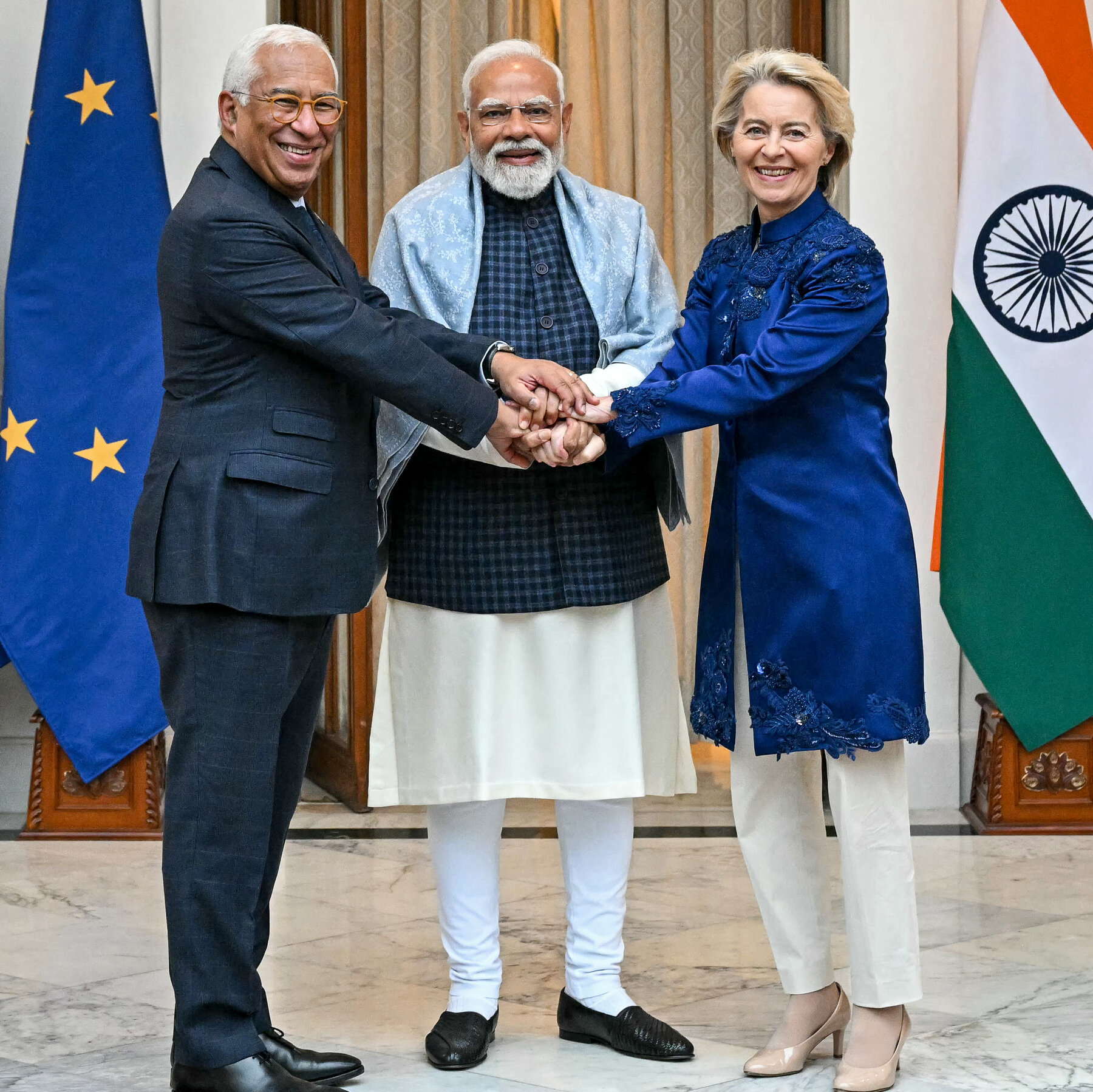
The graduate student in southern China wrote the romance novel in her spare time, self-publishing it online. In 75 chapters, it followed two male protagonists through a love affair that included, at times, steamy sexual encounters. It earned her less than $400, from readers who paid to access it.
Now, it could bring her a criminal conviction.
Across China, the authorities have been interrogating dozens of writers — many of them young women — who published gay erotic novels online, in what appears to be the largest police roundup of its kind to date.
At least 12 such authors were tried on obscenity charges in Anhui Province late last year, according to court records, and more investigations, including that of the student, were opened in Gansu Province this spring. Some of the writers have been fined heavily or sentenced to years in prison for producing and distributing obscene content.
At the center of the crackdown is Boys’ Love, a genre of romance between men that is mostly written and read online, and mostly by heterosexual women. Originally from Japan, it has developed a fervent niche following in China and other Asian countries since the 1990s, offering fans an alternative to the stereotypes of passive, obedient women and macho men in many mainstream love stories.
At its peak in the 2010s, Boys’ Love gave rise to some of China’s most popular television and web dramas, and it launched the careers of some of the country’s biggest male stars. But that has changed in recent years.
As the genre grew more popular, state media began to denounce it as “vulgar,” claiming that the gay story lines could distort young readers’ sexual orientations. Shows were canceled, and television regulators banned Boys’ Love adaptations and gay-themed content more broadly. In a 2018 case that angered many Chinese internet users, a popular author was sentenced to 10 years in prison on obscenity charges.

Some Boys’ Love writers responded to the pressure by leaving out sex scenes or downplaying the stories’ gay overtones, casting the pairings as “bromances.” Such works are still available in China. But other authors, who wanted to write more explicit stories, sought refuge in overseas publishing platforms like Haitang Literature City, a Taiwanese website that readers in China can access only with software that circumvents the state’s internet firewall.
Now, even that platform is no longer safe. The authors who were detained by the police in Jixi County in Anhui and the city of Lanzhou in Gansu had been publishing on Haitang.
The crackdown has led to heated debate about creative freedom and the government’s efforts to police morality. Online commentators noted that some people convicted of rape or child abduction had received lighter sentences than Boys’ Love authors.
Lao Dongyan, a law professor at Tsinghua University in Beijing, wrote on social media that law enforcement seemed more preoccupied with “safeguarding social mores and sexual morality” than with protecting individuals’ rights. That post has since been removed.
To many people, the arrests also show how much the space for female and L.G.B.T.Q. expression has shrunk in China.
The scale of the crackdown is not entirely clear, partly because many authors have been afraid to talk about it. Also, discussion of the topic online has been heavily censored. But some observers say it appears to be the first time that Boys’ Love writers have been charged with crimes en masse, rather than merely censored or targeted individually.
In Gansu, the police may have arrested as many as 50 writers in recent weeks, according to one Chinese news outlet. Two lawyers who spoke to The New York Times said each of them represented an author who had recently been detained. One of the lawyers, Wu Jie, whose client is the graduate student, said he had direct knowledge of at least six other cases.
Scholars, lawyers and others have speculated that the police might be targeting the writers for financial reasons. Local governments in China are burdened with debt, and some have turned to extorting businesses in other provinces, on exaggerated or made-up charges, to fill their coffers. The police in both Gansu and Anhuihave detained Boys’ Love authors from other provinces.
Reached by phone, a member of the Lanzhou police staff said that “some details aren’t convenient to disclose.” A staff member for the Jixi County police said she was not aware of the cases.

Chinese obscenity laws are vague, prohibiting works that “explicitly portray sexual behavior,” with exceptions for those with scientific or artistic value. Producing or distributing obscene material for profit can be punished with life imprisonment if the conditions are “especially serious,” a quality that officials have said can be measured in earnings or clicks.
The authorities have also targeted creators of heterosexual pornography and erotic fiction. But they have singled out gay content as especially forbidden. For example, a government-backed group of internet companies and research institutes has included “homosexuality and other sexual perversions” in its definition of obscenity.
Cassie Hu, a China-based academic who studies Boys’ Love, said targeting it was a way “to control and highly supervise straight women” and reinforce the traditional, heterosexual family structure amid concern about China’s plummeting birthrate.
The authors who were detained last year, by the police in Jixi County, seemed to be among the most popular writers on the Haitang platform.
One author, who used the pen name Yun Jian, had written 38 novels since 2018 on Haitang, making the equivalent of more than $250,000, according to a court ruling posted online by someone who said he was the writer’s husband. She was sentenced to four and a half years in prison and fined twice what she had earned on the platform, according to the ruling.
Ye Bin, a lawyer for four other authors who were arrested, said they were women in their 20s who had earned $27,000 to $56,000 from their writing. All were given suspended prison sentences and fined twice as much as they had earned, Mr. Ye said.
Mr. Ye declined to discuss details of the stories written by the authors he represents. He acknowledged an argument that many critics of the Boys’ Love writers have made: that artistic freedom should be weighed alongside other considerations, like protecting minors. But he said China’s obscenity standards, which were last updated in 2010, should reflect changing societal attitudes.
“When moral standards have been revolutionized, I think it’s inappropriate to still be using the sentencing standards from 20 years ago,” he said.

More writers were arrested this spring, by the police in Lanzhou. This time, the authors were less well known, according to interviews with two lawyers involved in the cases, as well as social media posts. They included university students and a writer who had earned less than $30, according to a post by one lawyer, Zhao Yijie.
Mr. Wu, the lawyer defending the graduate student who earned about $400, said his client was caught off guard by her detention.
“The police asked her during the interrogation, ‘Did you know that writing this could be a crime?’ She answered that she didn’t know until the police contacted her,” Mr. Wu said. (His client declined an interview request through Mr. Wu.)
Even though the crackdown seems to have primarily targeted writers of explicit gay romances, the arrests are a warning sign about freedom of expression in general, said Liang Ge, a lecturer at University College London who studies Boys’ Love.
“It’s not just about writing obscenity, pornography, erotic or queer romances,” Dr. Ge said. “Social media users feel that there is increasingly little space for them to breathe freely.”
Siyi Zhao contributed research.








-3.png)



